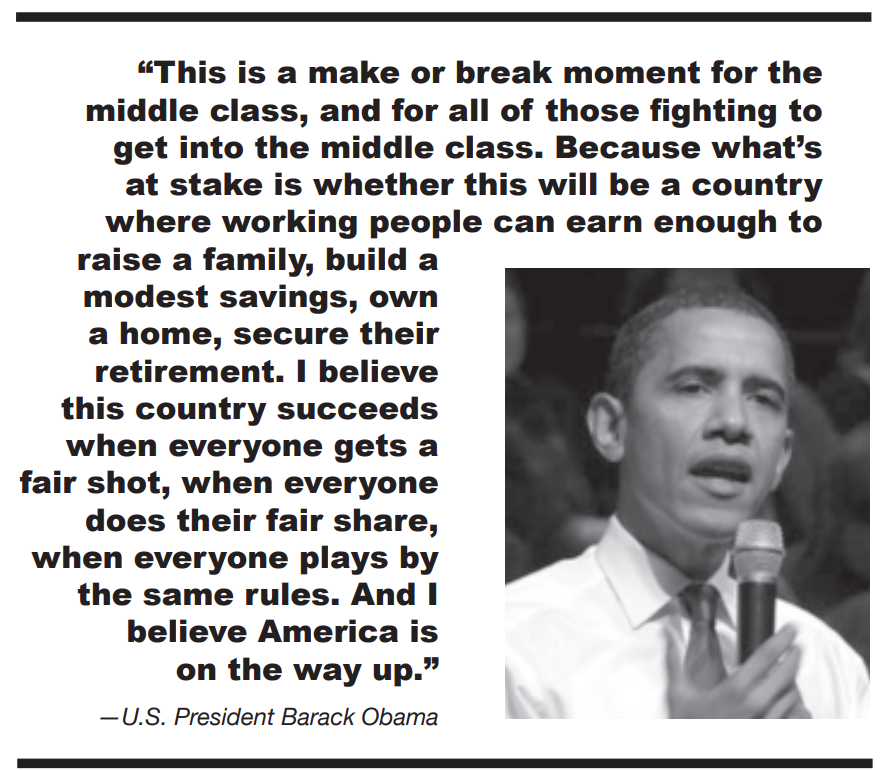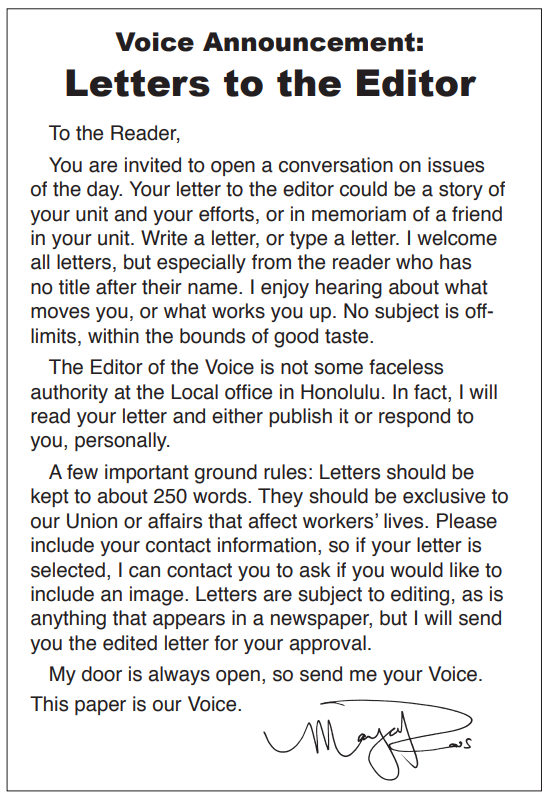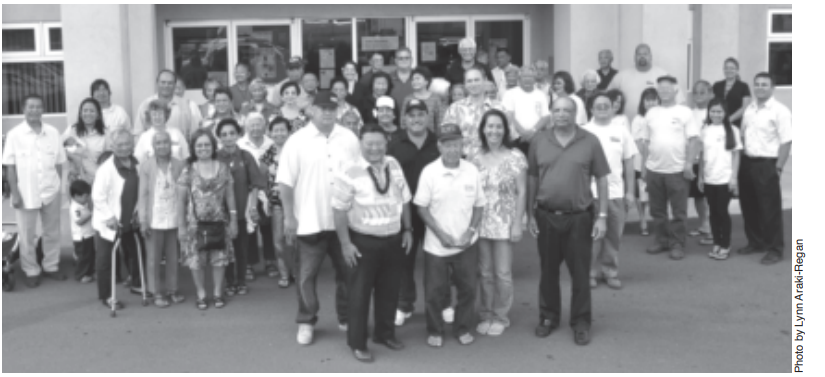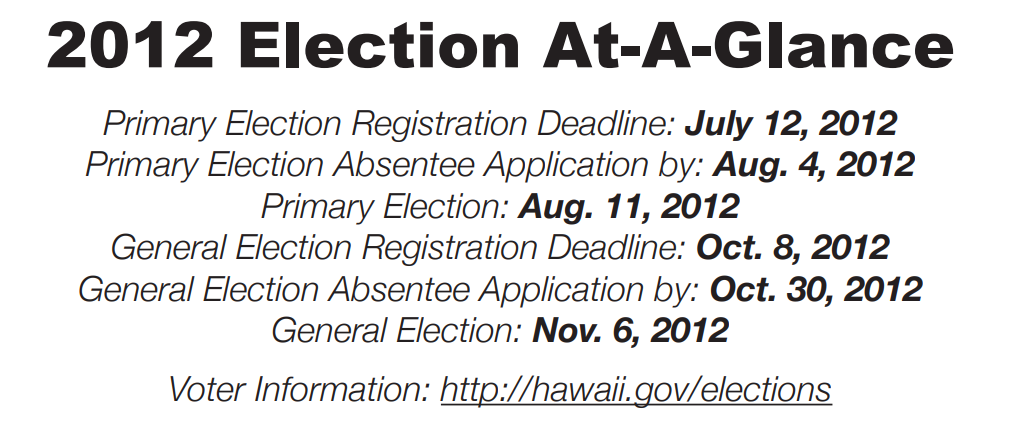Likely voters perhaps do have more time to get out and vote. It might be likelier for them to be able to step out of their workday to perform their civic duty. They have the luxury of perceiving voting as a duty, because their life enables them to.
Hawaii is famous for being a state that doesn’t vote. We hold the title of one of the lowest voter turnout states in the country. About 40% of the state’s registered voters show up for the primary election. It is safe to estimate a 50% turnout on nonpresidential years and a 60% range of turnout for a presidential year, in the general elections.
Hawaii had a huge voter turnout in the 1960s to 1980s—back when the middle class was a force to be reckoned with. The middle class demanded to challenge the status quo. Labor unions were strong because the workers rose up and fought for fairness. The middle class built Hawaii’s roads, sewers, and landfills— the infrastructure that has allowed for locals and visitors alike to enjoy this paradise.
As the middle class began to break down in the last three decades, so has voter turnout. Labor unions began to face membership numbers dwindling. The middle class became weak. Today, we know exactly where the potholes are on the way home. We know where the sewer stench is. We see the trash.
That’s how long we have allowed this to go on. The working class of Hawaii has allowed the 1% to make all of our important decisions for the last thirty years.
It isn’t because we, the working class, don’t care about Hawaii. We’ve been busy working, sometimes two jobs. Fighting to feed our families. Making sure our children have good clothes for school. Taking care of our ailing aunties.
The poll said that non-voters feel like voting is a choice. This is true. Some might say, “That’s just an excuse to be lazy and not vote.” But that dismissive attitude isn’t true. Workers in Hawaii are anything but lazy.
Non-voters have a lot of choices. When your daughter is sick at school, non-voters know how to make picking her up happen. When your cousin is the first college graduate in your family, non-voters know how to make sure their shift is covered to celebrate. Non-voters—workers—are busy living a full life.
But how full will that life be if we continue to allow the wealthy to elect people that oppress us, for the sake of their own interests and the companies that influence them? How much more can us workers overlook? The choice is ours.

People are more likely to show up to the general election than they are the primary. With Barack Obama running a critical election to keep the progress of this country moving forward, Hawaii will show up to vote. He is ohana.
The primary elections are on August 11, 2012. August 11 is a Saturday. Early voting (walk-in) for the primary election is between July 30 – August 9, 2012.
Newspapers, television, radio, and friends can all try to tell you how important this primary election is. But it doesn’t matter. On August 11, it is your choice to make it happen. And we know that when you need to make things happen, you know how.
The ILWU Local 142 union halls are open to helping you make it happen, too. Your union will show you how to submit an absentee ballot because you have work on that Saturday. Your fellow union members will carpool to the voting booth on your lunch break. Your political action coordinator will explain to you why we stand with someone. You just have to ask.
Voting is a choice.
Choose wisely


ILWU members, pensioners and family with Maui Mayor Alan Arakawa in front of the ILWU Union Hall in Wailuku. Supporters turned out for a press conference on April 26, 2012 held by the ILWU Hawaii Longshore Division to announce its endorsement of Arakawa for Maui Mayor. (Front, l-r) Hawaii Longshore Division Director Nate Lum, Mayor Arakawa, Unit 2201 Chair Sam Kaaihue, former Maui Division Director John Arisumi, Unit 2201 Vice Chair Michele Stisher, and Maui Division Director William Kennison.


